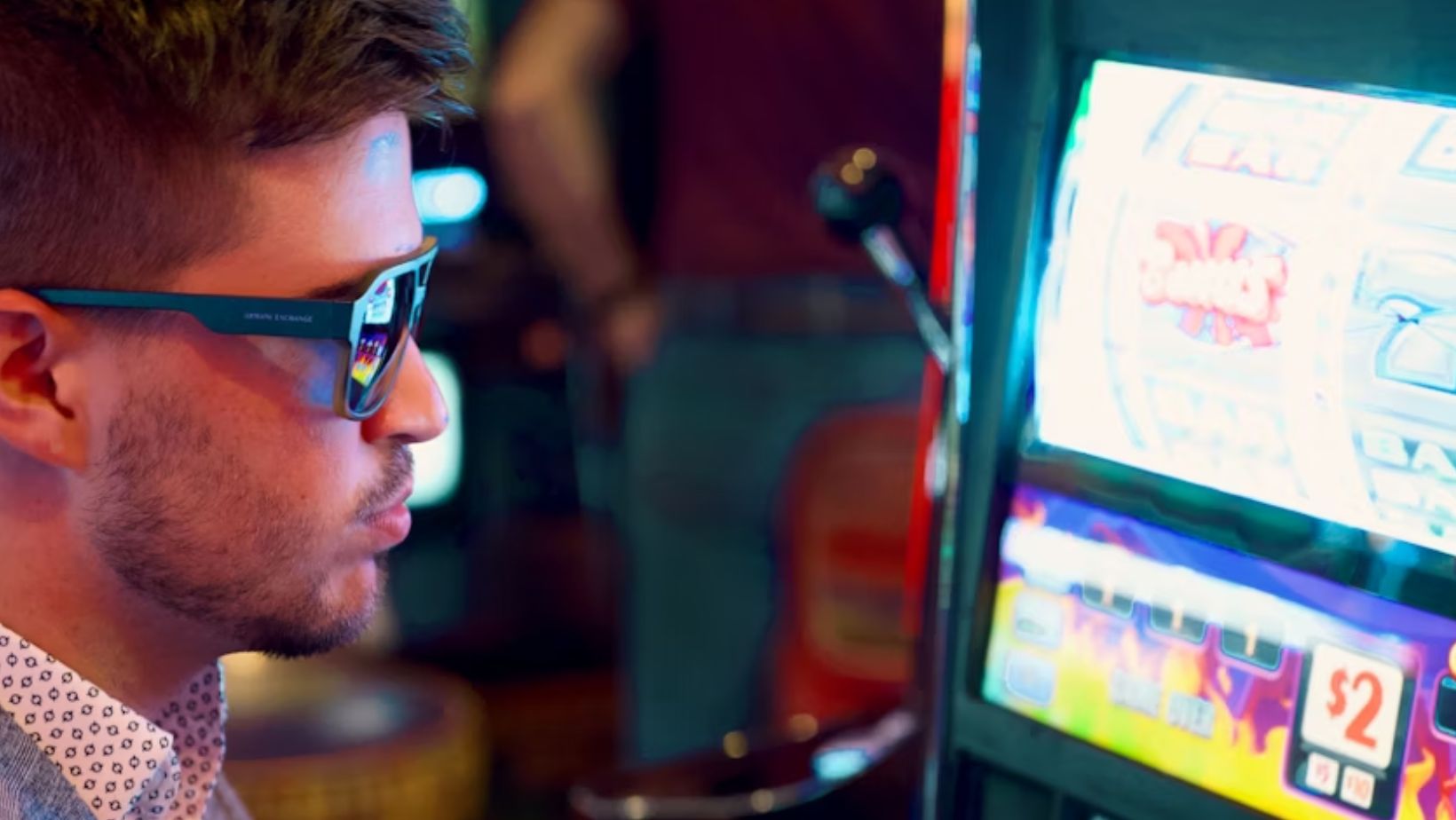A new survey from the University of Mississippi shows that students across the state are gambling online regardless of legality. Out of 1,600 surveyed, six in ten admitted they had placed bets in the past year, a figure that suggests the law does little to deter behavior. The research reveals that college students are not hesitating to log onto mobile sportsbooks and place wagers, even though Mississippi prohibits mobile sports betting.
Table of Contents
ToggleA Culture of Betting on Campus
The findings line up with what most observers already suspected: gambling has long been a part of campus life. Many young people grow up watching family and friends bet, so the practice doesn’t feel foreign once they arrive at school. Some of them don’t even think twice before pulling out their phones and opening apps, just as they check social media or order food. On forums and in conversations, a few students casually mention platforms like Kansino NL, treating online betting as just another pastime.
At Ole Miss in particular, stories of student gambling stretch back decades. Fraternity houses once held marathon poker games where money traded hands as easily as lecture notes. Some students covered tuition with winnings, while others lost more than they could afford. The tradition hasn’t disappeared; if anything, technology has made access easier.
What the Study Found
The William Magee Institute for Student Wellbeing conducted the research. Of the 1,600 students surveyed, around 60 percent admitted they had bet online within the past year. What stands out is that many of those wagers were made not just through underground sites but on mainstream sportsbooks. That means students are figuring out ways to get around the restrictions, whether by using VPNs, offshore operators or shared accounts with friends in other states.
Dan Durkin, an associate professor of social work, explained that the legality of mobile gambling doesn’t seem to matter to students. This aligns with national NCAA findings showing that young people gamble whether laws allow it or not. If beer was hard to find in Oxford decades ago, students still tracked it down. The same goes for poker tables, and now for betting apps.
Longstanding Patterns of Gambling
Gambling on Mississippi campuses is hardly a new story. In the past, local bookies operated in almost every college town. A town like McComb had several bookmakers who kept business steady year-round, connecting with bigger networks across the country. These operations weren’t exactly hidden, but they thrived because demand never faded. Students who couldn’t drive to casinos simply turned to the local bookmaker.
Even today, many students split their bets among different channels: some at casinos in person, some with offshore sportsbooks, and others through trusted local contacts. The internet has only added more doors for them to walk through.
Lawmakers Struggle With the Issue
For Mississippi legislators, the study adds weight to ongoing debates. For years they have discussed bills that would legalize mobile sports betting but never managed to pass them. Now, with the 2026 session approaching, new proposals are expected.

The challenge is clear. If students are already betting illegally, lawmakers face a choice: keep prohibiting and risk the underground market expanding, or legalize and regulate the practice in order to oversee it properly. Some argue that legalization could help channel the activity into safer platforms, with age checks and responsible gaming tools. Others worry it will normalize gambling further, pushing even more students to participate.
Risks for Students
Behind the numbers are risks that affect not just finances but also academic life. Students can burn through savings, borrow from friends or even misuse funds intended for tuition and living expenses. The convenience of mobile betting makes the problem harder to contain because it only takes a signal and a few taps to place a wager.
Researchers emphasize that easy access increases the likelihood of impulsive betting. A student can lose a game in the afternoon, double down in the evening, and repeat the cycle without anyone noticing until debts accumulate. The secrecy of phones means parents and faculty rarely see what’s happening until the consequences arrive.
Why Students Still Gamble
Several factors explain why legality barely enters the equation:
Peer influence – when classmates are betting, the activity spreads quickly.
Accessibility – apps are available 24/7 with no travel required.
Perception of risk – many students think they won’t get caught or penalized.
For them, gambling is just another entertainment option, similar to streaming a show or playing video games. The possibility of quick profit adds excitement, and losing doesn’t always feel real until the money runs out.
A Persistent Campus Habit
The University of Mississippi study doesn’t introduce a brand-new problem, but it makes one fact clear: rules on paper don’t always match behavior in practice. Mississippi’s college students have been gambling for generations, and now mobile technology has made it easier than ever. Whether legalization comes in 2026 or not, betting has already woven itself into the campus culture.





